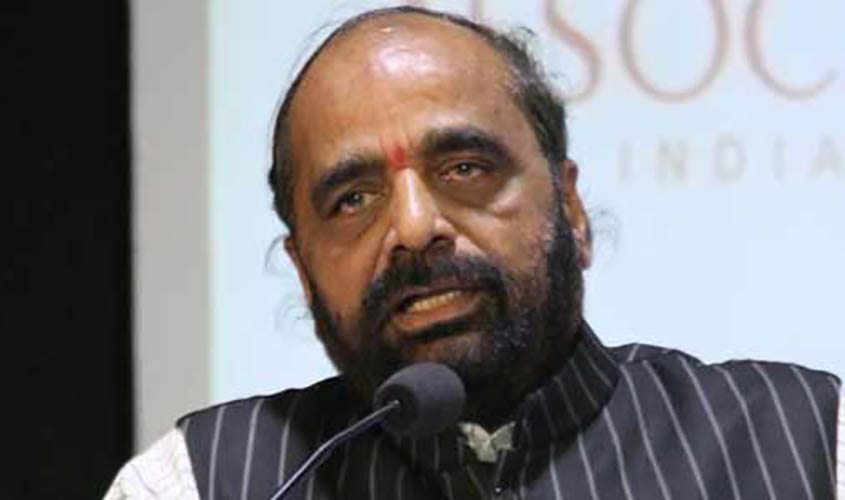The average conviction rate under the Act remained only 24% in the last five years.
State governments have been lax towards implementation of the Scheduled Castes and Scheduled Tribes (Prevention of Atrocities) Act, 1989, meant to protect the interests of Dalits and tribals, and taking cases under it to logical conclusion. The average conviction rate under the Act remained only 24% in the last five years. According to figures provided by the National Crime Records Bureau (NCRB), the conviction rate in the case of SCs was 26% during the period of 2012-2016, while the same in the case of STs, for the same period, was 22%.
In the case of SCs, the number of registered cases increased from 33,593 in 2012 to 40,774 in 2016, while in the case of STs, the number shot up from 5,920 to 6,564. There was also an increase in the percentage of cases in which chargesheet was filed—70.6 % to 78.3 % in case of SCs and 74.2 % to 81.3% in case of STs.
In 2016, there were as many as 47,338 cases registered under the Act and other sections of law over alleged crimes against the SCs and STs.
Rule 3 (V) of the Act specifies that with a view to prevent atrocities on members of the SCs and STs, the state government, if necessary, can provide arms licences to them. However, what is worrying is the fact that, in 2016, 5,347 cases against SCs were found to be false by the police. It was more than double the number of cases found to be true, but with insufficient evidence—2150. In 2015, 6,508 cases were found to be false.
According to a report of the Ministry of Social Justice, there are only 194 exclusive courts in the country for faster disposal of such cases. Only 14 states have set up these exclusive courts.
According to sources, though the Centre is committed towards protecting the interests of Dalits and tribals, it cannot do much as law and order is a state subject.
Replying to a query in the Lok Sabha, Union minister

